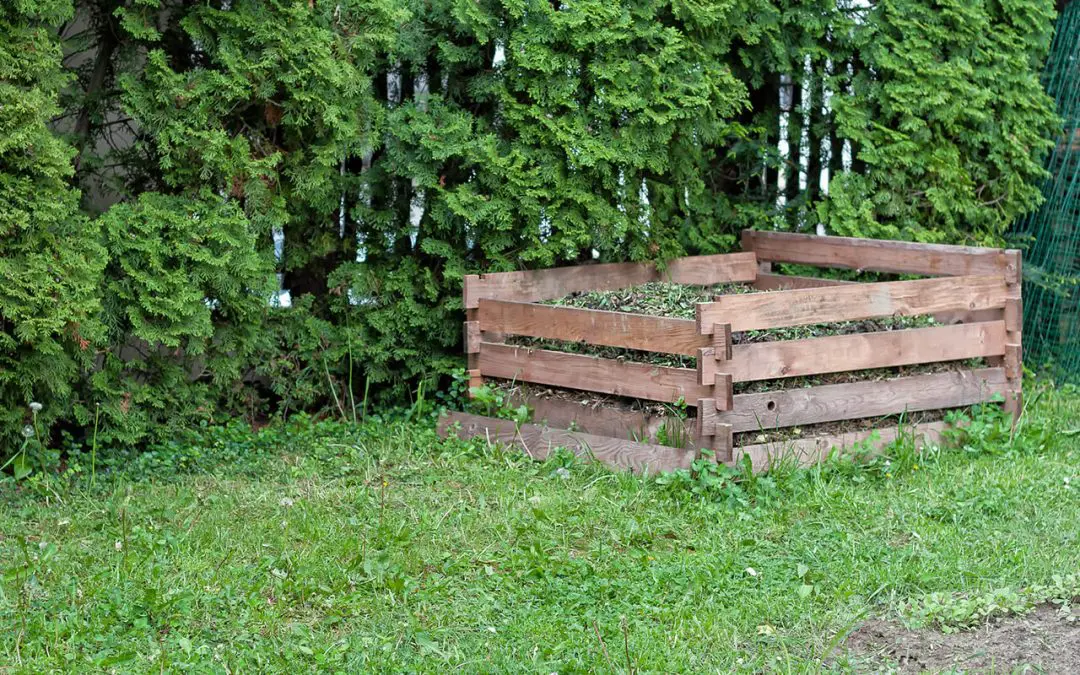If you’ve ever thrown food scraps or yard waste into the trash and questioned if there’s a more sustainable option, you’re right to think so.
Composting at home is one of the simplest, most effective habits to reduce waste, enrich your garden, and contribute to a healthier planet, all without needing to be a hardcore environmentalist or gardening pro. It’s easier than most people think, and the rewards are worth it.
What Exactly Is Composting?
Composting is nature’s way of recycling. It’s the process of breaking down organic matter, like vegetable peels, coffee grounds, grass clippings, and even shredded newspaper, into a rich, earthy substance known as compost. This material is packed with nutrients that plants love. Instead of sending your waste to a landfill where it sits uselessly and produces methane, you’re creating something beneficial for your soil and your garden.
Why Compost at Home?
There are many reasons to start composting, and they go beyond being eco-friendly. Firstly, it reduces the amount of trash you generate. For the average household, around 30% of waste is compostable. That’s a big chunk of your garbage that could be helping your garden grow instead of rotting in a landfill.
Compost also improves soil health. Whether you’re growing vegetables, flowers, or just maintaining a healthy lawn, compost provides essential nutrients, improves moisture retention, and encourages beneficial microbial activity. It also lowers the need for chemical fertilizers and store-bought soil conditioners.
Best of all, it’s cost-effective. Instead of buying bags of soil or fertilizer every season, you’re creating your own supply, practically for free.
Choosing the Right Method For Composting at Home
One of the first things people ask is whether they need a fancy setup to start composting. The short answer? No. Your chosen method depends on your available space, lifestyle, and how hands-on you want to be.
A simple bin or pile in the backyard does the job just fine for outdoor composting. If you prefer something tidier, you can use a compost tumbler or enclosed bin to keep things contained and pest-free. For apartment dwellers or those with limited space, indoor composting with a worm bin (vermicomposting) is a great option. It involves worms, but they’re clean, odorless, and incredibly efficient at breaking down food scraps.
What You Can (and Can’t) Compost
Here’s the golden rule: balance is key. A good compost pile needs a mix of “greens” and “browns.” Greens are nitrogen-rich materials like fruit and vegetable scraps, coffee grounds, and grass clippings. Browns provide carbon, including dry leaves, cardboard, and shredded paper.
You’ll want to avoid composting meat, dairy, and oily foods because they break down slowly and attract pests. Likewise, stay away from pet waste or anything treated with chemicals. If it comes from a healthy plant or food source and isn’t too processed, chances are it’s safe to compost.
Maintaining Your Compost
Once you’ve started your pile, keeping it healthy is mostly a matter of monitoring moisture and turning it occasionally. Your compost should be as damp as a wrung-out sponge—too dry, and decomposition slows down; too wet, and you’ll end up with a smelly mess. Turning the pile with a pitchfork or shovel every couple of weeks helps aerate it and speeds up the process.
You’ll know your compost is ready when it’s dark, crumbly, and earthy. Depending on the method and conditions, this typically takes a few weeks to several months. When it’s done, you can mix it into garden beds, top-dress your lawn, or use it as a potting soil booster.
Composting at home is one of the most satisfying ways to connect with your environment while making your home more sustainable. It’s practical, it’s empowering, and once you see what a handful of finished compost does for your plants, you’ll wonder why you didn’t start sooner.
FAQs About Composting at Home
Exactly how long does composting take?
It depends on the method, temperature, and how often you turn your pile. Outdoor compost piles usually take 2 to 6 months, while indoor worm bins can work even faster under the right conditions.
Can I compost in the winter?
Absolutely. The process slows down in colder months, but as long as you keep adding materials and occasionally turning it, it’ll pick right back up in the spring.
What if I don’t have a garden?
Compost is still useful! Use it for indoor plants, donate it to a community garden, or share it with a neighbor.
Is it okay to compost weeds or diseased plants?
Avoid adding invasive weeds or diseased plants unless your compost pile gets hot enough (above 135°F) to kill off seeds and pathogens.
Esham Inspections provides termite inspections and home inspections in Maryland and Delaware. Contact us to schedule our services.

